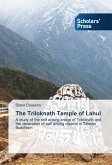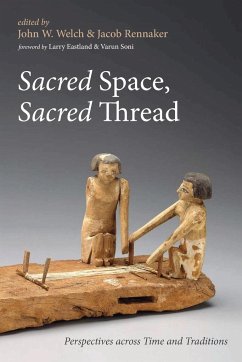After John Wesley's death in 1791, schisms from Wesleyan Methodism occurred regularly. These events were not unexpected and the authorities often accepted them with little obvious regret, even if they did not actually encourage them. The first major split occurred in 1797 when the Methodist New Connexion was formed, and in the following twenty years further significant schisms led to the establishment of the Primitive Methodists and the Bible Christians. Other offshoots arose that lasted for shorter periods. One of these was the Tent Methodists, a group that has been largely ignored by historians probably because it did not become a major national or regional body. Its significance has not, however, been sufficiently recognized. One tent, then two, capable of accommodating congregations of over 500, were used extensively by preachers in the Bristol Wesleyan circuit and further afield from 1814, in addition to their preaching plan commitments. They received varying degrees of support and hostility from the circuit hierarchy, and in late 1819 attempts were made to bring the work under the authority of the circuit superintendent. The local preachers involved refused to relinquish control of the tents, and a bitter dispute began which led to the effective expulsion of three leading local preachers. They, and others, formed the Tent Methodist sect that, for several years, made considerable progress in several parts of England and one small area of South Wales. Decline set in at the beginning of 1826, and by 1832 the tents had been disposed of, and all the chapels acquired by the sect had been sold. Soon afterwards the leaders had either rejoined the Wesleyans, had become ministers in the Congregational or Baptist denominations, or emigrated to North America.
Hinweis: Dieser Artikel kann nur an eine deutsche Lieferadresse ausgeliefert werden.
Hinweis: Dieser Artikel kann nur an eine deutsche Lieferadresse ausgeliefert werden.








